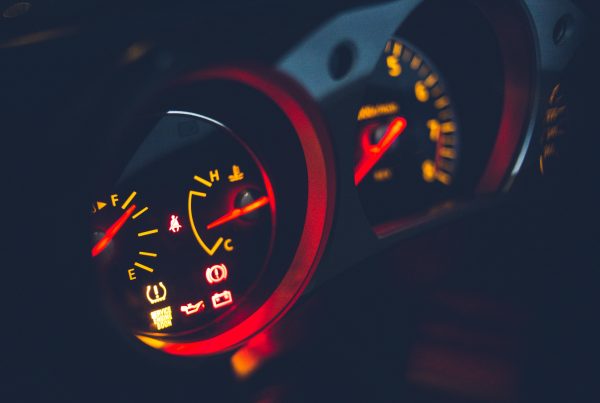Diesel Fuel Deterioration: Causes, Consequences, and Solutions
Diesel fuel, essential for many vehicles and equipment, can deteriorate over time, leading to performance and maintenance issues. This article explores the causes, consequences, and solutions to prevent diesel fuel deterioration.
Causes of Deterioration
Oxidation is a chemical reaction between diesel fuel and oxygen in the air. This reaction creates gums and varnishes that clog filters and injectors. Heat and metal in fuel tanks accelerate this process.
Water can enter fuel tanks through condensation or leaks. Water in the fuel promotes the growth of microorganisms such as bacteria and fungi, which form sludge and deposits.
Microorganisms thrive in tanks contaminated with water. They consume diesel and produce acidic byproducts. These acids corrode metal components in the fuel system.
Over time, sediment forms in diesel fuel due to the precipitation of solid particles. These sediments clog filters and negatively affect engine performance.
Consequences of Deterioration
Gums, varnishes, and sediments clog filters and injectors, reducing fuel flow and affecting engine performance. Acidic byproducts from microbial degradation corrode fuel tanks and lines.
Corrosion leads to leaks and failures. Deteriorated fuel causes poor combustion, increasing pollutant emissions and reducing engine efficiency. It may also cause hard starts and power loss.
Diesel fuel deterioration increases maintenance costs due to frequent repairs and replacement of damaged parts.
Solutions to Prevent Fuel Deterioration
Diesel fuel additives, such as fuel stabilizers and biocides, prevent oxidation, inhibit microorganism growth, and improve fuel stability. Actioil A550 is an effective additive for maintaining fuel quality.
Installing filtration systems and water separators in fuel tanks helps remove contaminants. Storing diesel fuel in airtight tanks, away from direct sunlight, reduces risks. Keeping tanks full minimizes condensation.
Regular inspections and preventive maintenance of fuel tanks detect and address issues early. Routine maintenance is crucial to avoid major problems.
Conclusion
Diesel fuel deterioration affects engine performance and reliability. Understanding the causes of deterioration and adopting preventive measures is essential. Using appropriate additives, such as Actioil A550, and following proper storage and maintenance practices ensures fuel quality, prolongs engine life, and avoids issues related to diesel fuel deterioration.





